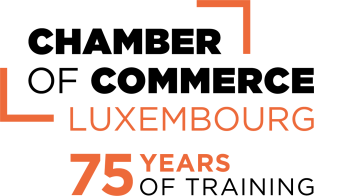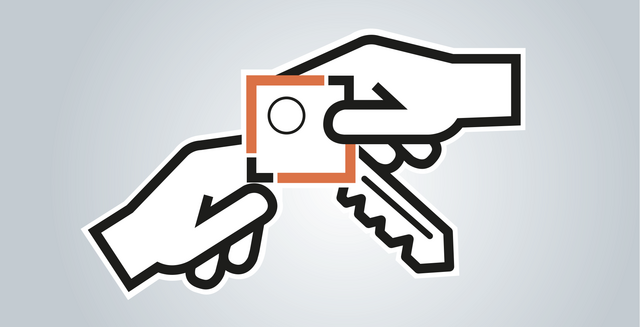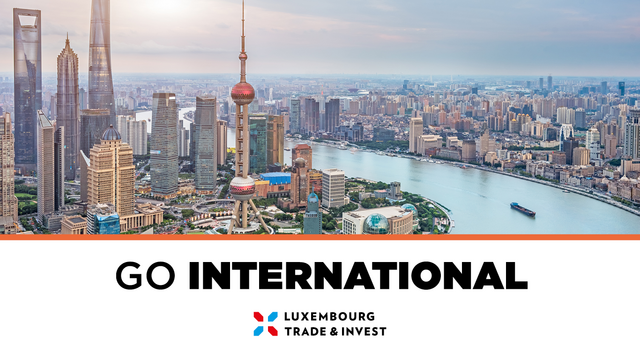
Published on 20 January 2022

The current linear economy first came into being towards the end of the 19th century, a period characterised by the advent of a consumer society and the availability of cheap raw materials that drove economic growth in most developed countries. The linear model, which follows the rationale of ‘extract - produce - consume - discard’, became costly in these years of abundance. This idea was reinforced throughout the 20th century until the advent of the hyper-consumer and throw-away society. The linear economy - a system of production and consumption that does not make full use of resources - thus causes negative external effects and generates quantities of waste that can no longer be eliminated, while a shortage of raw materials looms on the horizon.
For three centuries, the mass consumption habits of today's societies have been fuelled by an exponential extraction of natural resources. The recent COP 26 and the work undertaken by various organisations around the world (including the United Nations Environment Programme - UNEP) show that this pace will soon be unsustainable: humanity is consuming more natural resources than the Earth can produce. The current linear economic system, which is unable to meet the needs of future generations in the medium and long term, is becoming obsolete. In this context, the transition to a more sustainable circular economy is becoming a necessity, even an opportunity, economically, socially and environmentally. The cover story of the latest Merkur is inspired by and provides a broad outline of the new issue of the Chamber of Commerce’s economic bulletin Actualités & Tendances dedicated to the circular economy (published in French: L'économie circulaire au Luxembourg : passer de la théorie à la pratique - A&T 26), which aims to give companies a few pointers in their transition towards a more resilient model.
The complete publications and the cover story are available for download on our website.



